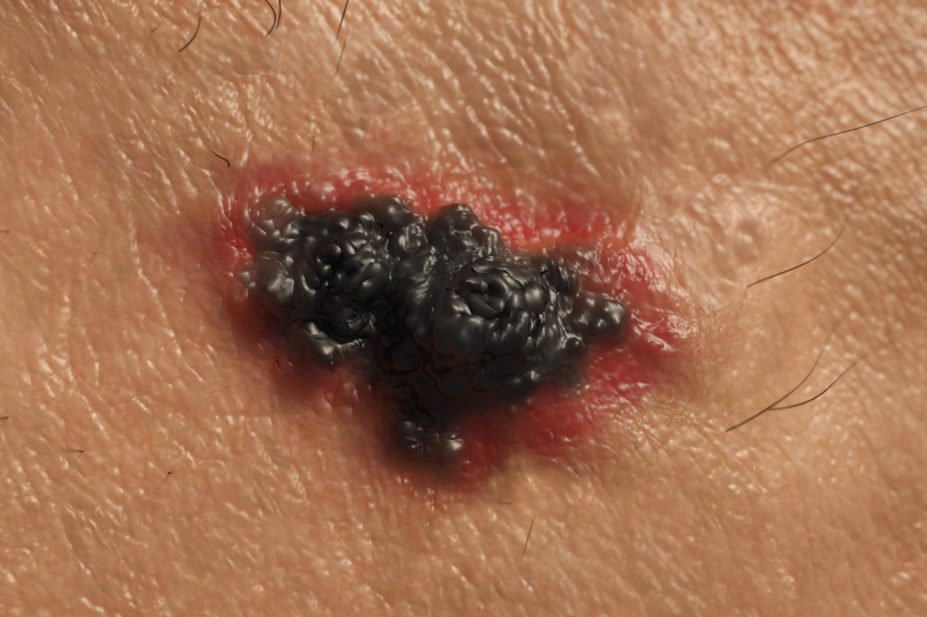
Shutterstock
New research shows how the genetic diversity of malignant tumours is identified by the body’s immune system, opening the door to the development of improved anticancer therapies.
As tumours grow, genetic mutations keep creating various antigenic proteins, known as neoantigens, say researchers led by Nicholas McGranahan, who is associated with the London-based Francis Crick Institute and Cancer Research UK.
The researchers say the diversity of these antigens on tumours may influence the mechanism by which the immune system identifies and kills tumour cells. The diversity may also promote the development of anticancer drugs, especially immune checkpoint inhibitors that help the immune system attack cancer cells.
“Neoantigens, or mutations that can be recognised by the immune system, are critical drivers of why immune checkpoint inhibitors work against cancer,” says Timothy Chan, co-author of the study and vice chair of the department of radiation oncology at Memorial Sloan Kettering Cancer Center in New York. “This study is the next step in identifying which of the many neoantigens in a cell are most functional.”
The researchers assessed the clinical significance of the burden of neoantigens on tumours by looking at 150 lung adenocarcinomas and 124 lung squamous cell carcinomas.
They found that a high burden of neoantigens was associated with substantially prolonged overall survival in lung adenocarcinomas (P= 0.025), but they didn’t find a statistically significant association for lung squamous cell carcinomas.
Writing their findings in Science
[1]
, (online, 3 March 2016), the researchers say: “To investigate the reason for this disparity, we explored whether any immune-regulatory genes were differentially expressed between these two cancer types.”
They found several human leukocyte antigen class I genes and a protein called beta-2 microglobulin were expressed at a significantly lower level in lung squamous cell carcinomas compared to lung adenocarcinomas and this difference was observed across all levels of neoantigen burden.
In the study, the researchers also looked at advanced non-small cell lung cancer (n=31) and melanoma (n=135). In tumours with a high load of clonal neoantigens, they found that sensitivity to the blockade of programmed cell death protein 1 (PD-1) and cytotoxic T-lymphocyte-associated protein 4 (CTLA-4) by immune checkpoint inhibitors substantially increased for both malignancies.
PD-1 and CTLA-4 are reportedly overexpressed in non-small cell lung cancer and melanoma, which is why higher sensitivity to the blockade of these proteins may promote an improved cancer therapy.
“We showed that neoantigens that are common to most cells of the tumour are frequently very immunogenic,” says Chan.
“This is a big step for the design of effective personalised vaccines against cancers,” he added. “This study builds off of our initial studies that show that immunotherapy response is determined by the number of mutations and neoantigens that a tumour possesses.”
Swapan Jana, a clinical tutor at the department of pharmacology at Midnapore Medical College Hospital in West Bengal, India, comments on the study: “The research is impressive, but we need to wait for future studies to see the practical implications of the findings among patients.”
“Research on fundamental science related to oncology is important; however, all the findings of such novel works should be tested through further clinical research,” he adds.
References
[1] McGranahan N, Furness AJS, Rosenthal R, et al. Clonal neoantigens elicit T cell immunoreactivity and sensitivity to immune checkpoint blockade. Science 2016. doi: 10.1126/science.aaf1490


